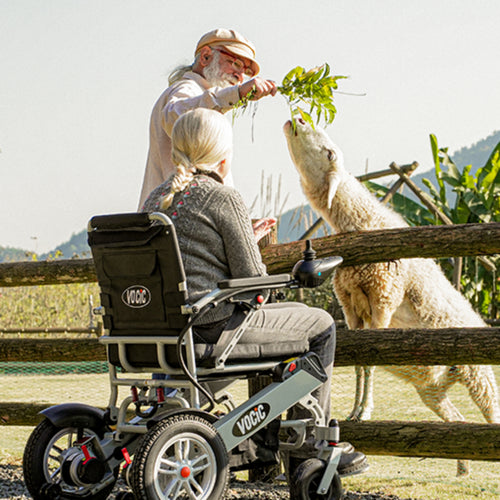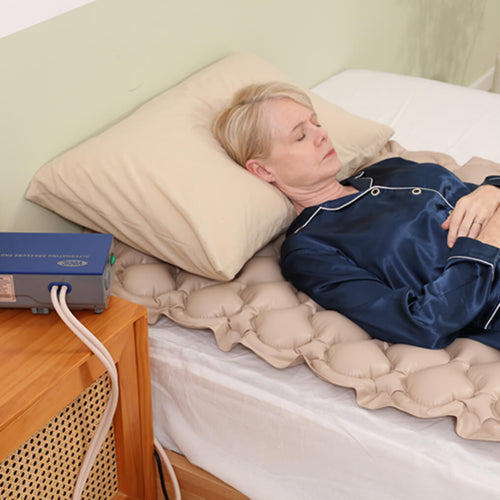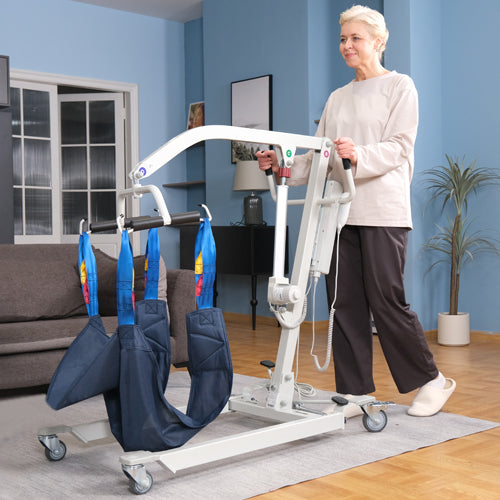Veterans are eligible for a variety of benefits that honor their service and help them live their lives. Understanding these benefits allows veterans and their families to fully access the support and resources available to them.
This presentation will provide an overview of the benefits available to veterans to help navigate the complexities of veteran support services.
What Benefits Do Veterans Get?
Veterans are eligible for a wide range of benefits provided by various government agencies. These benefits have multiple aspects, such as health, education, employment, etc. Below is an overview of the benefits available to veterans:
-
Health Care Benefits: The Veterans Health Administration, part of the Department of Veterans Affairs, is the largest integrated healthcare system in the United States, providing healthcare services at more than 1,200 healthcare facilities, including hospitals and clinics. Veterans have access to services such as preventive care, surgery, chronic disease treatment, and specialty care. Mental health services are also important, with programs for PTSD, substance abuse, and depression.
-
Educational Benefits: Through the Veterans Act and other educational programs, veterans can receive funding for higher education and vocational training. For example, the Post-9/11 GI Bill provides full tuition and fees at public colleges and universities for veterans who served at least three years after September 10, 2001, and beyond. It also provides a monthly housing allowance and an annual stipend for books and supplies.
-
Disability Compensation: Veterans who were injured or suffered an illness or condition that was aggravated during active duty are eligible for disability compensation. This benefit is not subject to federal or state taxes and is adjusted annually based on the cost of living.
-
Mobility Assistance Benefits: Provides financial assistance to disabled veterans for adaptive vehicles and equipment. This includes $21,488.29 for customized vehicles and reimbursement for assistive devices such as wheelchair lifts and specialized controllers. In addition, a variety of assistive devices, such as wheelchairs and foldable mobility scooter, are available to enhance a veteran's mobility.
-
Vocational Rehabilitation and Employment (VR&E): Also known as Chapter 31 benefits, VR&E helps veterans with service-connected disabilities achieve independence in daily living and obtain and maintain employment. The program provides career counseling, job training, job search skills, resume building, and, if necessary, training in the skills needed for a new job.
-
Home Loan Guarantee: The Veterans Home Loan Guarantee Program helps veterans buy, build, or refinance homes. The VA guarantees a portion of the loan, enabling veterans to obtain a no-down-payment mortgage with favorable financing terms.
-
Life Insurance: Military service brings unique risks, and the VA offers several life insurance programs that allow veterans to insure themselves and their families. Options include Veterans Group Life Insurance, which can be converted from Military Group Life Insurance to Veterans Group Life Insurance after the veteran has completed his or her service.
-
Pension Programs: Veterans 65 years of age or older or totally and permanently disabled veterans with limited income may be eligible for a Veterans Pension, which is paid monthly to supplement their income.
-
Mental Health Services: The VA provides a full range of mental health services, including outpatient, inpatient, and residential services. Veterans can also receive psychological counseling at Veterans Centers across the country.
-
Funeral Benefits: Veterans are entitled to burial at VA national cemeteries, including free headstones, burial flags, and arrangements for burials with military honors. Family members are also eligible for bereavement counseling.
-
State-Specific Benefits: Many states offer additional benefits such as property tax relief, special vehicle tags, reduced fee hunting and fishing licenses, and state park entrance fees. These benefits can vary greatly from state to state, so veterans are encouraged to check with their state Department of Veterans Affairs for specific benefits available.
Veterans seeking to utilize these benefits should contact their local VA office or visit the VA website to learn about their options and understand the eligibility criteria for each benefit.

How Do Veterans Apply for Benefits?
Veterans can apply for benefits through a variety of sources depending on the specific assistance they are seeking. Below is a guide on how to apply for VA benefits:
-
Prepare Documentation: Gather essential paperwork such as discharge papers, financial records, medical documents, and ID.
-
Check Eligibility: Review benefit requirements on the VA website or consult a VA counselor to ensure eligibility.
-
Apply Online: Utilize the eBenefits portal for fast and convenient application submission.
-
Visit a VA Regional Office: Apply in person with assistance from VA staff if preferred.
-
Seek VSO Assistance: VSOs offer free expert help with application preparation, documentation gathering, and appeals.
-
Apply by Mail: Some benefits allow for paper applications if internet access is limited or preferred.
-
Contact the VA: Direct inquiries about benefits and application processes to the VA hotline for guidance.
-
Visit a VA Medical Center: For medical benefits, visit a VA medical center for assistance and evaluations.
-
Utilize Telemedicine: Veterans in remote areas can access VA Telemedicine for benefit applications and medical consultations.
-
Check Application Status: Monitor application progress through the eBenefits portal or by contacting the VA office.
What VOCIC Can Help You?
VOCIC provides veterans with product discounts, customized services, benefit claim support, education and training, high-quality after-sales and exclusive activities, and other benefits. These benefits are designed to help veterans more easily obtain and use mobility assistive devices, improve their quality of life, and ensure they receive the support they deserve.
In addition, we also sell D61 and D51 4-wheel mobility scooter products. If you are interested, you can contact us for discounts or purchase directly. As long as you fill in the specific information form when purchasing, you can enjoy the discount. In addition, we also wish you a better life.

Conclusion
Through the above article, learn about the benefits available to veterans such as comprehensive medical care, educational assistance, disability compensation, vocational rehabilitation, home loan guarantees, life insurance, pensions, and mental health services. There are also other mobility aids for disabled veterans, among others.
FAQs
1. What are the four types of veterans?
Veterans can be categorized into four main types: Combat Veterans, who served in active combat; Peacetime Veterans, who served during non-war periods; Disabled Veterans, who were injured or became ill due to service; and War Veterans, who served during recognized conflicts such as World War II or the Vietnam War. Each type reflects different service conditions and roles.
In the U.S., veteran payments vary depending on disability and need. Disability compensation ranges from about $165 to over $3,600 per month based on the severity, from 10% to 100% disability. Pensions for low-income wartime veterans without dependents can reach up to $14,753 annually, with possible increases for those with dependents. For precise details and eligibility, it's recommended to consult the official Veterans Affairs website or a local office.
Veterans' benefits vary widely based on factors such as service duration, type, discharge status, disability, financial needs, and the period of service. For instance, those with longer or combat service may receive more benefits, while dishonorable discharges can limit eligibility. Additionally, some benefits are need-based, like pensions for low-income veterans. Each veteran's eligibility for benefits is determined individually









